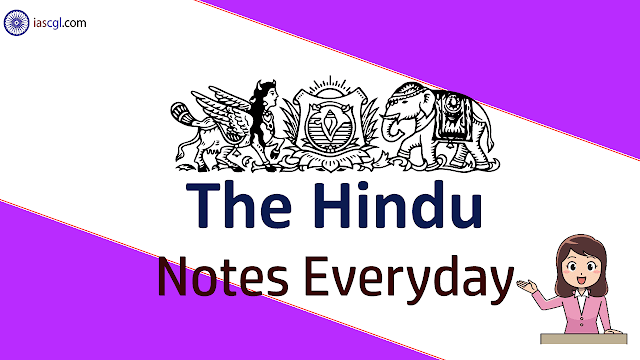Read The Hindu Notes of 6th March 2019 for UPSC Civil Service Examination, State Civil Service Examination and other competitive Examination

- Recovering from the Hanoi setback
- Fifty years apart, the story of two OIC fiascos
- Life without GSP
- Algeria for change
- ‘India really needs to enhance its counterterrorism capabilities’
- Promise amidst strife
Recovering from the Hanoi setback
Whatever the reasons for the collapse of the U.S.-North Korea talks, both sides have kept alive hopes for their revival

Suspense about Singapore
Setting the stage for Hanoi
Preparing for Act III
Fifty years apart, the story of two OIC fiascos
Reaching out to the Organisation of Islamic Cooperation is morally wrong and politically futile
Contrary to secularism
A new twist

0Comments